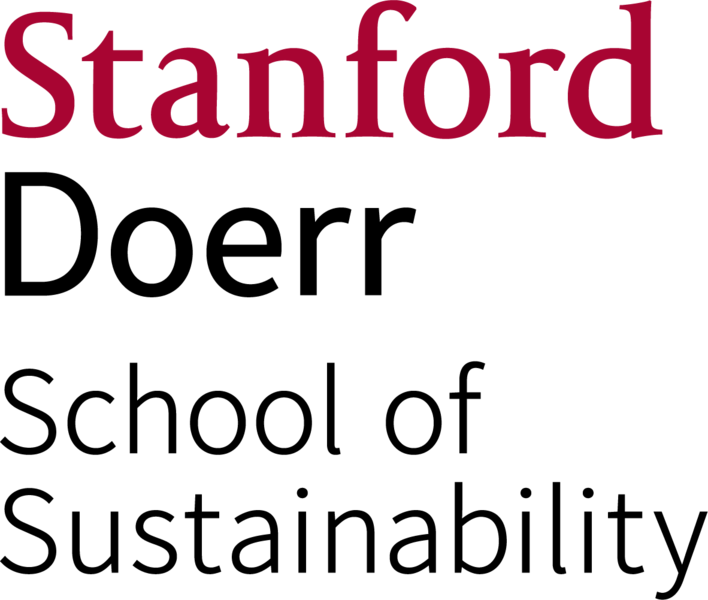Aruna Gauba
8 weeks have already gone by??
August 10, 2020
8 weeks have already gone by?? It’s hard to believe that this internship is coming to an end so soon, but I’m very grateful for the opportunity it provided for me to learn from such passionate researchers and from my peers who were truly inspiring. I know though, that the end of this program doesn’t mean an end to the friendships I have formed during this time or the work that we started. I am excited to continue working on with Pedro and my internship partners over the next year as we continue the next steps of creating a research paper on the subjects we researched.
It was so rewarding to assemble all the pieces of our project - building out our online poster, presentation, cleaning our graphs and doing research. Our data analysis gave us a lot of interesting information, but understanding and interpreting it was I think a big part of the learning experience. We quickly realized how complex environmental relationships with our different brachiopod classes were. Each morphological and biogeographical difference had important ramifications to the origination trends that we were studying. For example, there was an article I read about how shell thickness of different brachiopod classes related with their extinction and origination trends during the GOBE!
Science and biology have always been an interest of mine, but looking at life through the lens of the past brought a new perspective. A week or two ago, Pedro was talking with us about the sort of mental stretch of looking at the past. The Ordovician happened some 450 million years ago and the rate of change was measured in 10’s of millions of years. For us living in the Anthropocene where humans cause global change in mere decades, it’s like trying to put yourself in the shoes of a massive pine tree when you are a tiny fly. Even looking at the topic we studied, body size, this change in geologic history is also apparent. While for hundreds of millions of years of recorded life, extinction size selection was fairly random, the modern era has a distinctive selection for larger body size. The paper we read (by John Payne!) explained this trend as one of the unprecedented changes that humans have brought to earth. Doing this first hand research on the fascinating but slow change in earth's history of life, triggered for me a feeling of awe towards the magnitude of change we are seeing today.
Amongst the whirlwind of this internship, I will always remember the fun times I had with my partners. Hannah and Angelica were truly awesome people to be with and, just as much as the work itself, I was excited to talk with them every morning. I’m looking forward to our game night happening sometime soon and (maybe not as soon) meeting them in person, as well as all the other interns once some semblance of normal returns!
I once again want to thank SEYI for this amazing experience, connecting us with researchers like Pedro and Micheal who were such incredible mentors throughout this process. In addition to them, the support from our guest speakers, like Josh (who also helped us out with some brachiopod questions - thank you Josh :D ), and John Payne was so helpful and inspiring.
I have learned so much more than I could have expected in these first weeks
July 10, 2020
I have learned so much more than I could have expected in these first weeks of an internship held under these unusual circumstances. I’ve gotten the opportunity to not only learn much about this genuinely interesting subject about the story of life and extinction on earth but also to expand beyond that and talk with researchers and scientists about their stories and passion for science. This internship is a real chance for me to learn more and start engaging in a field I want to explore for my future. More than that, it’s given me something to be excited about every day, both during our group session and outside of it. It’s enabled me with so many resources and information to explore new topics and try out new things.
Exploring these niche subjects has given me an appreciation for the complexity of scientific research, where the smallest details have significant importance. We talked with researchers, like Josh who as part of his study researches the changes in sea level and structure of the rock record as a way to understand extinction patterns, two items I would have never imagined could be so important in accurately judging extinction of species. As of this week, I have also started understanding how complex the smallest things are through experience, as part of my project I’m only going to be looking at one class of the phylum Brachiopoda in one specific time period, the Ordovician, and that has already shown to be an interesting set of data that will take time to understand.
And then there’s R! Going into the program, getting to learn and practice R on a real data set was something I was really anticipating. Though I have quickly learned that code montages with some guys hands flying over a keyboard and graphs popping out of nowhere actually looks more like me pulling my hair out for a good amount of hours to produce a very singular, slightly wonky graph. This process has given me a new appreciation for the process of trial and error, and the sense of achievement that comes from even creating that one graph is a pretty great feeling. I’ve found myself later in the night, now not listening to some epic fantasy while biting my nails wondering if the main character is going to defeat their (insert some cliché villain here) but instead attempting to see if I can find a solution to creating that graph I’d been trying to make all day!
